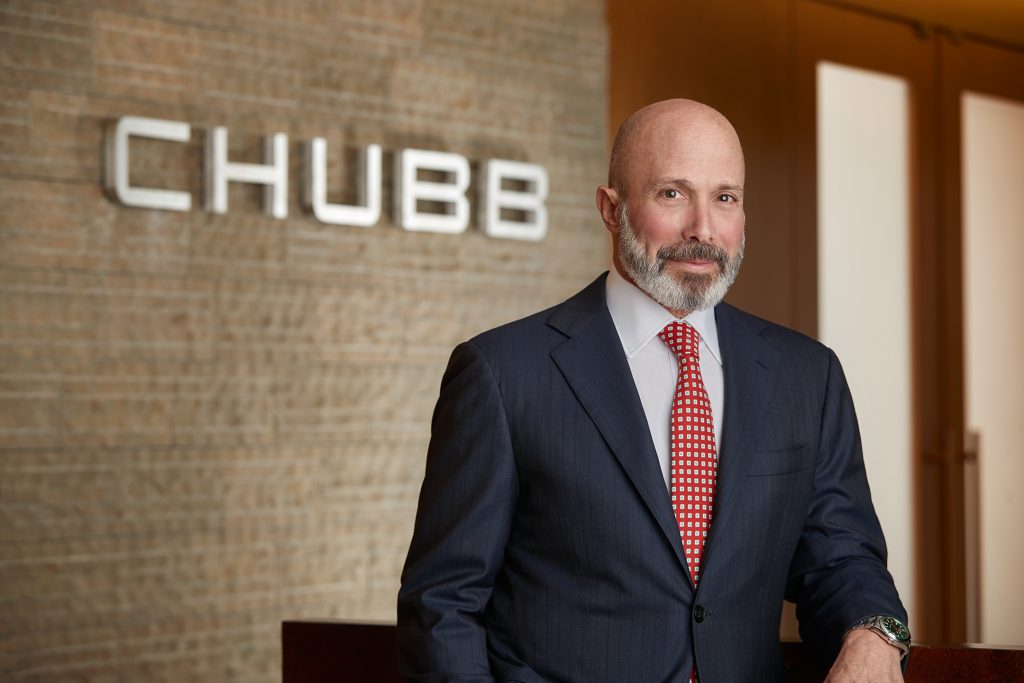“The U.S. needs litigation reform at both the state and federal level to combat the abusive power of the trial bar and address out-of-control awards,” Greenberg said in his 2020 annual letter to Chubb shareholders. “Working with the wider industry, this remains a Chubb priority.”
Of particular note are lawsuits filed by lawyers with claims that are far beyond where they should be, Greenberg said.
“Litigation that should provide fair redress has metastasized into a huge money-making system,” Greenberg argued, suggesting that the trend is fueled in part by litigation funding – “a speculative new asset class that is more akin to horse racing.”
One example of this, according to Greenberg, is ongoing lawsuits against The Boy Scouts of America.
“When the group filed for bankruptcy in 2020, it faced about 1,700 claims alleging sexual abuse by scout leaders,” Greenberg said. “That number grew 55-fold to 95,000 claims.”
Greenberg, citing coverage in The Wall Street Journal, said that growth was driven by a process “that raises investment to fund speculative litigation and push new claims on a massive scale, often by recruiting claimants via misleading mass advertising and social media campaigns.”
This process created “tens of thousands” of claims that appear based on preliminary inspection to be either invalid or fraudulent, Greenberg said. He reiterated that “we deeply sympathize with the victims of sexual abuse, but justice is not served by the filing of specious claims. ”
The Problem With Social Inflation
At the same time, Greenberg emphasized that social inflation has also been a factor behind the worsening legal environment for insurers, which he frames as “the populist notion that if something goes wrong in modern society, someone must also be at fault.”
That point of view, alongside increasing anti-corporate sentiment, has been damaging, Greenberg said, leading to more expensive jury awards and even evolving definitions of legal liability.
“The overall result has been a severe and ultimately unsustainable inflation in legal awards and legal costs that translates to higher costs of insurance,” Greenberg explained.
Quantifying that further, Greenberg noted that legal costs and compensation paid in the U.S. tort system in 2019 totaled $510 billion, or 2.3 percent of the Gross Domestic Product. That expense level, he said, is simply too much.
On top of that, social inflation became particularly problematic as an outgrowth of the pandemic, Greenberg pointed out in his shareholder letter.
“The challenging environment was exemplified writ large during the pandemic over the issue of business interruption,” Greenberg said. “Our industry first came under attack from some in the political establishment, who considered federal and state legislation to force insurers retroactively to pay out on risks not covered in our policies.”
These actions pushed Chubb to become involved in the debate at the beginning, not long before the trial bar got involved, Greenberg noted.
“Chubb became involved early on, assuming a public profile and helping to lead an industrywide effort to defend the sanctity of our contracts,” Greenberg said. “We argued that these measures were unconstitutional, not to mention that they would bankrupt the industry and do huge damage to this financial system as a whole.”
While the industry and regulators were able to “blunt this threat,” Greenberg pointed out that legislators are still trying to force insurers to retroactively pay busines interruption pay, and the trial bar has also joined the fray.
As Greenberg sees it, the trial bar “initiated a spree of litigation” attempting to distort contracts and force reinterpretations of contract language to force pay-outs.” The thing is, most of those contracts were never intended to cover pandemic-related business interruption, Greenberg argued, adding that no premium was charged for that particular risk for the cases in question – pandemic-related business closures mandated by city and state governments.
“This litigation relied on implausible arguments that COVID causes direct physical loss or damage to a business’s property, in the same way as a fire,” Greenberg said.
As Greenberg noted, insurers have been fighting back – successfully for the most part – in the courts, at least so far.
At the same time, 1,500 U.S. lawsuits involving COVID-19 business interruption cases remain pending, Greenberg said.
Chubb has focused on advocating for a federal/industry joint response toward mitigating pandemic-related business interruption losses. In July 2000, Chubb unveiled a proposal for the insurance industry and federal government to partner on covering future pandemic-related business interruptions, a measure designed to get money to small businesses quickly.
Source: Insurance Journal









